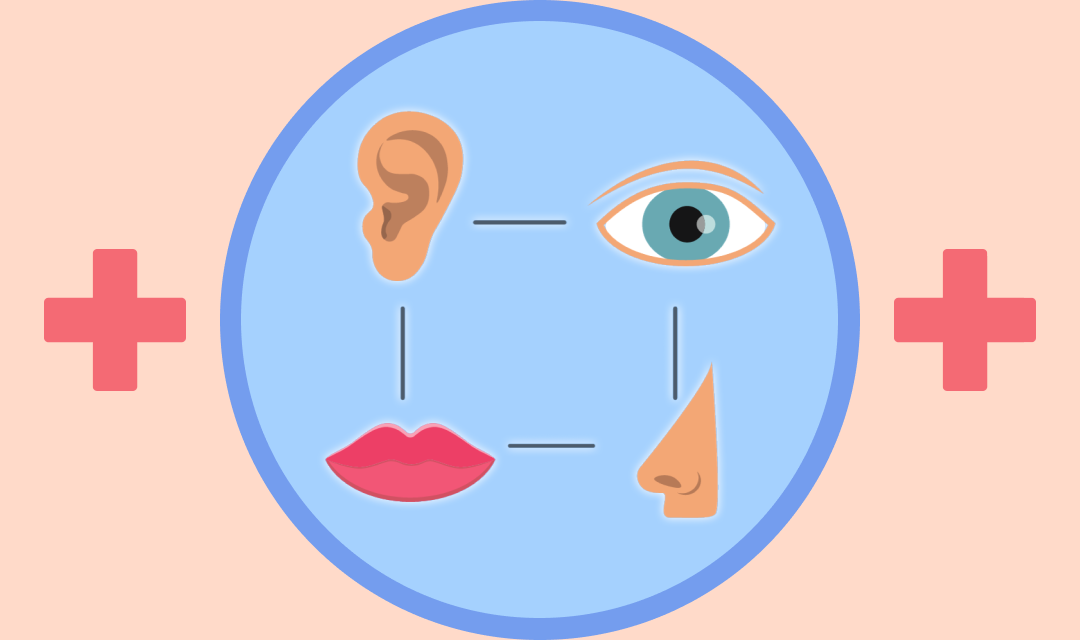Common Questions About Increased Appetite During Pregnancy

Pregnancy is a time of significant changes in a woman's body, and one of these changes can be an increase in appetite. This article will answer some common questions about increased appetite during pregnancy, including whether it's a symptom of pregnancy, what causes it, and when it might be a cause for concern.
Table of contents
Can pregnancy cause Increased Appetite?
Is Increased Appetite a pregnancy symptom?
What causes Increased Appetite during pregnancy?
Is Increased Appetite during pregnancy common?
Is it safe to have Increased Appetite during pregnancy?
What can help with Increased Appetite during pregnancy?
Increased Appetite during pregnancy: when to see a doctor?
Increased Appetite after childbirth
Can pregnancy cause Increased Appetite?
Yes, pregnancy can cause an increase in appetite. This is because your body needs extra calories to support the growth and development of your baby. The amount of extra calories you need depends on your pre-pregnancy weight, your weight gain goals during pregnancy, and the stage of your pregnancy.
Psst, we have an app dedicated to pregnant moms. Learn more
Is Increased Appetite a pregnancy symptom?
Increased appetite can be a symptom of pregnancy, but it's not a definitive sign. Many women experience increased hunger, especially in the second and third trimesters when the baby's growth is at its peak. However, every woman's experience with pregnancy is different, and some may not notice a significant increase in their appetite.
Psst, we have an app dedicated to pregnant moms. Learn more
What causes Increased Appetite during pregnancy?
The main cause of increased appetite during pregnancy is the extra energy your body needs to support the growth and development of your baby. Hormonal changes can also affect your appetite. For example, levels of the hormone progesterone increase during pregnancy, which can lead to increased hunger.
Psst, we have an app dedicated to pregnant moms. Learn more
Is Increased Appetite during pregnancy common?
Yes, increased appetite during pregnancy is common. However, the degree to which a woman's appetite increases can vary. Some women may find that their appetite increases significantly, while others may not notice a change.
Psst, we have an app dedicated to pregnant moms. Learn more
Is it safe to have Increased Appetite during pregnancy?
It's generally safe to have an increased appetite during pregnancy, as long as you're eating a balanced diet and not gaining weight too quickly. However, if you're eating a lot of high-calorie, low-nutrient foods, this could lead to excessive weight gain, which can increase your risk of pregnancy complications.
Psst, we have an app dedicated to pregnant moms. Learn more
What can help with Increased Appetite during pregnancy?
Eating small, frequent meals can help manage increased appetite during pregnancy. This can also help prevent heartburn, a common pregnancy symptom. It's also important to choose nutrient-dense foods, like fruits, vegetables, whole grains, lean proteins, and healthy fats, to meet your increased calorie needs.
Psst, we have an app dedicated to pregnant moms. Learn more
Increased Appetite during pregnancy: when to see a doctor?
If you're concerned about your increased appetite during pregnancy, it's a good idea to talk to your doctor. They can provide guidance on healthy weight gain and eating habits during pregnancy. If your increased appetite is accompanied by other symptoms, like rapid weight gain, excessive thirst, or frequent urination, you should seek medical attention, as these could be signs of gestational diabetes.
Psst, we have an app dedicated to pregnant moms. Learn more
Increased Appetite after childbirth
After childbirth, your appetite may remain high as your body recovers from labor and adjusts to breastfeeding, which requires extra calories. However, your appetite should gradually return to pre-pregnancy levels as your body adjusts to its new normal.
Psst, we have an app dedicated to pregnant moms. Learn more
Information sources
1. American Pregnancy Association. (2020). Pregnancy and Appetite. Retrieved from https://americanpregnancy.org/healthy-pregnancy/pregnancy-health-wellness/pregnancy-and-appetite-710
2. Mayo Clinic. (2020). Pregnancy week by week. Retrieved from https://www.mayoclinic.org/healthy-lifestyle/pregnancy-week-by-week/in-depth/pregnancy/art-20047732
3. National Health Service. (2018). Your pregnancy and baby guide. Retrieved from https://www.nhs.uk/conditions/pregnancy-and-baby/